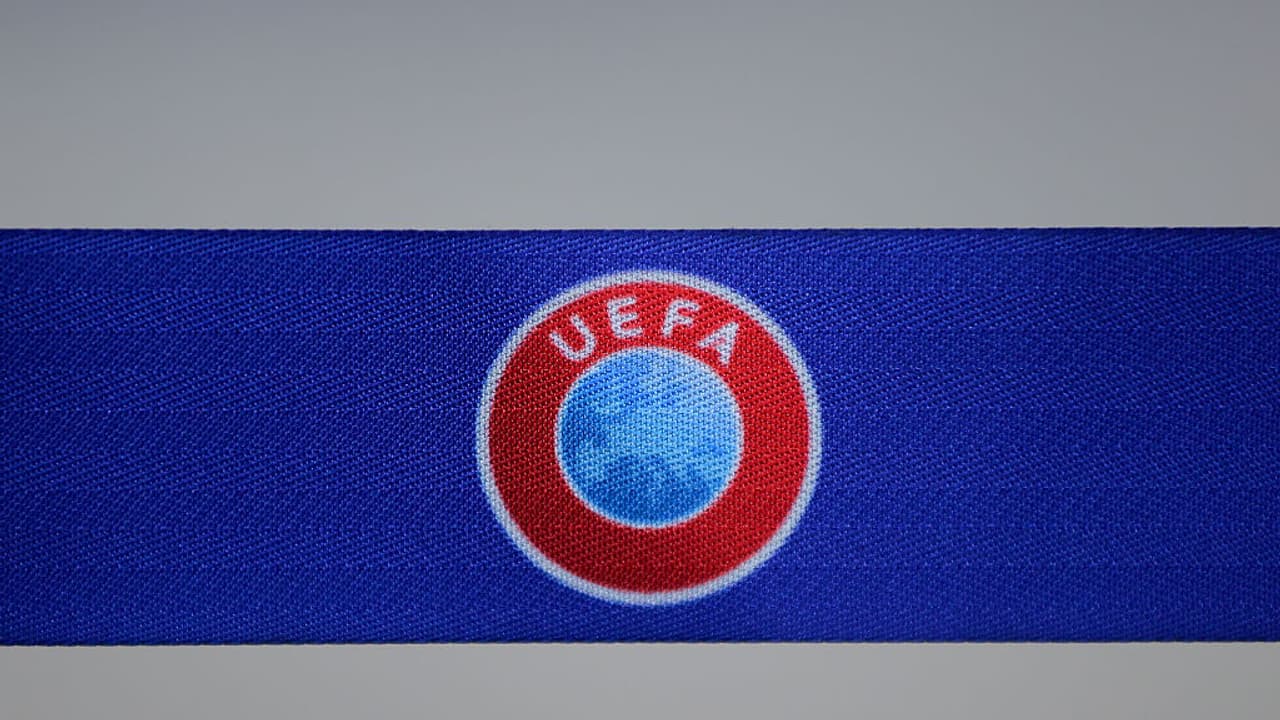Due to deep-seated political tensions, UEFA has banned six international football fixtures, including Spain vs. Gibraltar and Russia vs. Ukraine. These nations are kept apart in competition draws to avoid unsafe encounters.
UEFA has taken the unusual step over the years of banning six international football fixtures due to political tensions and historical conflicts between certain nations. Among these prohibited matches are Spain vs Gibraltar and Russia vs Ukraine – encounters that go beyond sport and touch on deep-rooted diplomatic disputes.
In contrast to club football, where rivalry games are often celebrated, the international stage comes with stricter considerations. UEFA and FIFA have occasionally either kept specific teams apart or barred entire nations from participating in official competitions when political, territorial, or ethical disputes made fixtures unsafe or inappropriate.
Serbia vs Albania: Tension Returns This Weekend
Despite ongoing hostility between Serbia and Albania, their World Cup qualifying clash this Saturday remains on the football calendar. The meeting promises a tense atmosphere – during their last Group K encounter in June, authorities deployed roughly 2,000 police officers to ensure order.
That caution is grounded in history. Their heated 2014 match is one of the most infamous incidents in European qualifying. A drone carrying an Albanian nationalist flag flew over the pitch, prompting Serbia defender Stefan Mitrovic to pull it down. The act ignited chaos – players clashed, fans stormed the field, and four Albanian players were injured. UEFA abandoned the game and later awarded Albania a 3-0 victory by default.
Six International Matches UEFA Has Banned
Political divisions have led UEFA to permanently separate certain nations in draws and qualifying campaigns. Currently, six pairings are officially prohibited from facing each other:
- Spain vs Gibraltar – Rooted in Spain’s ongoing territorial claim over Gibraltar, a British overseas territory on the southern tip of the Iberian Peninsula.
- Armenia vs Azerbaijan – Banned due to the continuing Nagorno-Karabakh conflict, an unresolved territorial dispute that has ignited multiple wars between the two nations.
- Kosovo vs Serbia – Kosovo’s 2008 declaration of independence remains unrecognized by Serbia, and decades of cultural and ethnic conflict prevent matches between them.
- Kosovo vs Bosnia and Herzegovina – Bosnia has maintained close ties with Serbia and does not recognize Kosovo’s independence, leading to a similar prohibition.
- Kosovo vs Russia – Russia’s political and military support for Serbia has made it impossible for its national team to face Kosovo.
- Russia vs Ukraine – The war between the two nations, intensified since Russia’s 2022 invasion, ensures this fixture remains banned.
Historical Context: Russia and Ukraine Before the Ban
Even before the current conflict, UEFA took steps to keep Russia and Ukraine apart in competition draws. The two nations met only twice before those restrictions came into effect – Russia edged a 3–2 win in a Euro 2000 qualifier in September 1998, followed by a 1–1 draw just over a year later.
Kosovo War and Its Football Consequences
The 1998–1999 Kosovo War, fought between Yugoslav forces (mainly Serbian and Montenegrin troops) and ethnic Albanian independence fighters, shaped many of UEFA’s modern matchup restrictions. The fallout from that conflict continues to dictate which nations can and cannot share a pitch to this day.
